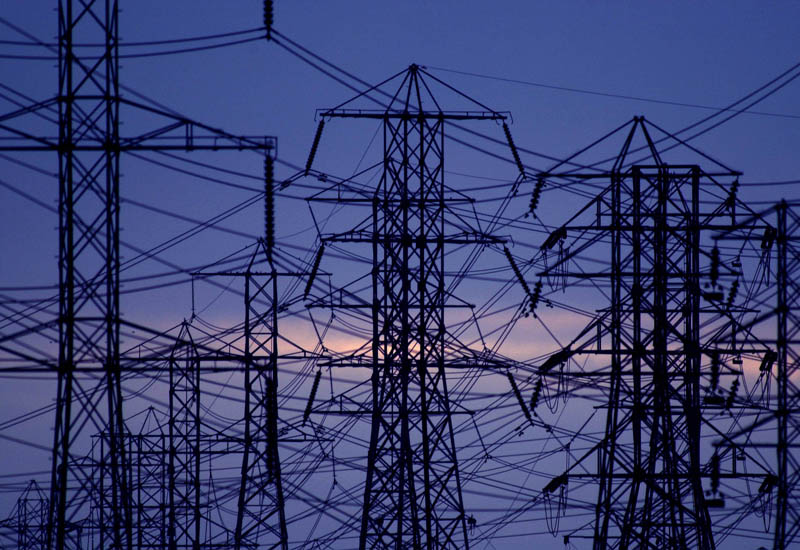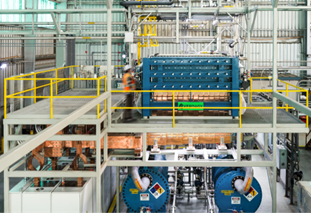The comments add to the long list of issues Berlin’s next government, likely headed by Friedrich Merz of the conservative CDU party following Sunday’s election win is facing, including pressure to raise defence spending and revive economic growth.
Along with other grid operators, E.ON has been vocal in its criticism of Germany’s grid regulation, saying it was not favourable enough to attract large investments needed to modernise and maintain crucial power networks.
“Like any company that operates sustainably, however, we never invest at any price. The prerequisite for this in Germany is a return on our network investments that’s competitive by international standards”, CEO Leonhard Birnbaum said.
“We cannot invest billions that need to be refinanced … if we don’t get sufficient interest,” he said.
Birnbaum said returns were more favourable in most European countries and that Germany was an outlier in cutting returns.
As a result, E.ON will keep investments in the 2024-2028 regulatory period largely stable at 43 billion euros.
Shares in the company were still up 3.8% at their highest level in nearly four months, with traders and analysts citing a strong outlook for 2025 that foresees adjusted core earnings before interest, tax, depreciation and amortisation (EBITDA) of 9.6 billion euros to 9.8 billion euros in 2025, compared with 9.0 billion last year.
It also proposed to raise its dividend to 0.55 euros per share for 2024 from 0.53 euros for 2023.
($1 = 0.9530 euros)
Reporting by Christoph Steitz and Tom Kaeckenhoff; Additional reporting by Vera Eckert; Editing by Miranda Murray, Tomasz Janowski amd Ludwig Burger – Reuters




